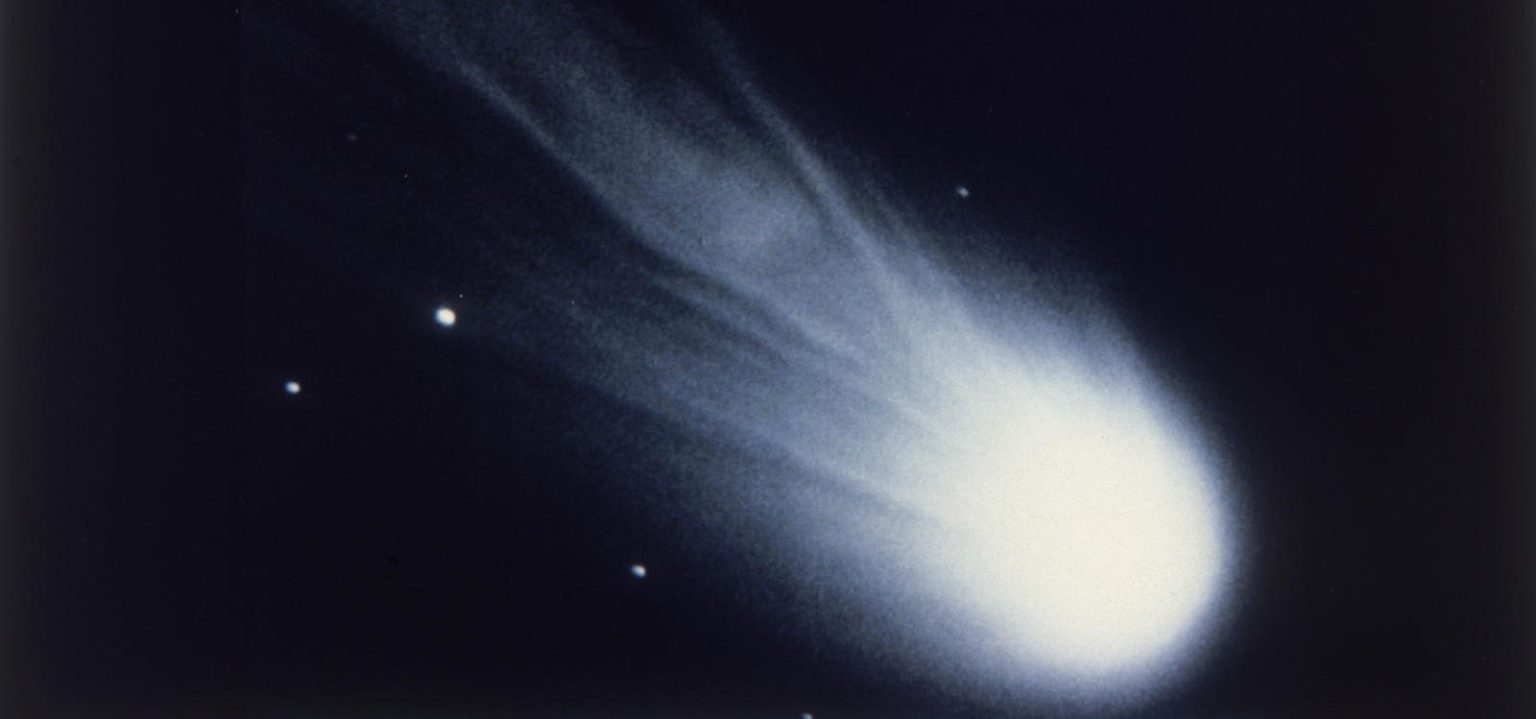The night sky is full of rare celestial events that offer once in a lifetime experiences for those who are lucky enough to witness them. While the recent total solar eclipse in the U.S. may have been a highlight for many, there are still some incredible events to look forward to in the next four decades. One such event is a ‘Golden Conjunction’ set to occur on September 8, 2040, where Mars, Mercury, Venus, Saturn, and Jupiter will all be visible in the same patch of the night sky, a sight that only occurs every few hundred years.
Another rare event to look out for is the Transit of Mercury, which will next take place on November 13, 2032. This event occurs only 13 times per century, with Mercury appearing to traverse across the sun’s surface. While the next Transit of Venus won’t be visible until 2117, the Transit of Mercury offers a unique opportunity to witness this phenomenon. In addition, the Return of Halley’s Comet in 2061 is another rare event to watch for, as this comet only visits the inner solar system every 75-79 years, leaving behind dust and debris that create meteor showers.
A Naked-Eye Nova event is also a rare sight to see, with the potential for a nova to occur before September of this year. T Coronae Borealis, a white dwarf star located 3,000 light-years away, experiences a massive explosion every 80 years, providing a spectacular show for those who are lucky enough to witness it. While a supernova event, the violent death of a massive star, may not occur for another 100,000 years, the possibility of witnessing one in our Milky Way galaxy is always present, as the last known supernova explosion occurred in the 17th century.
One of the most anticipated celestial events is the Total Solar Eclipse, which provides a rare opportunity to witness the sun being completely blocked by the moon. The next Total Solar Eclipse is set to occur on August 12, 2026, offering another chance for skywatchers to marvel at this incredible event. While the frequency of total solar eclipses is on average every 18 months, the chance to witness one in any specific location is much rarer, occurring once every 366 years on average.
For those who are passionate about astronomy, these rare celestial events offer the chance to witness some of the most awe-inspiring sights in the night sky. Whether it’s a planetary conjunction, a transit of Mercury, or a total solar eclipse, these events remind us of the wonders of the universe and the beauty of the natural world. So, keep an eye on the sky, and you may just witness a once in a lifetime event that will leave you with a newfound appreciation for the cosmos.













